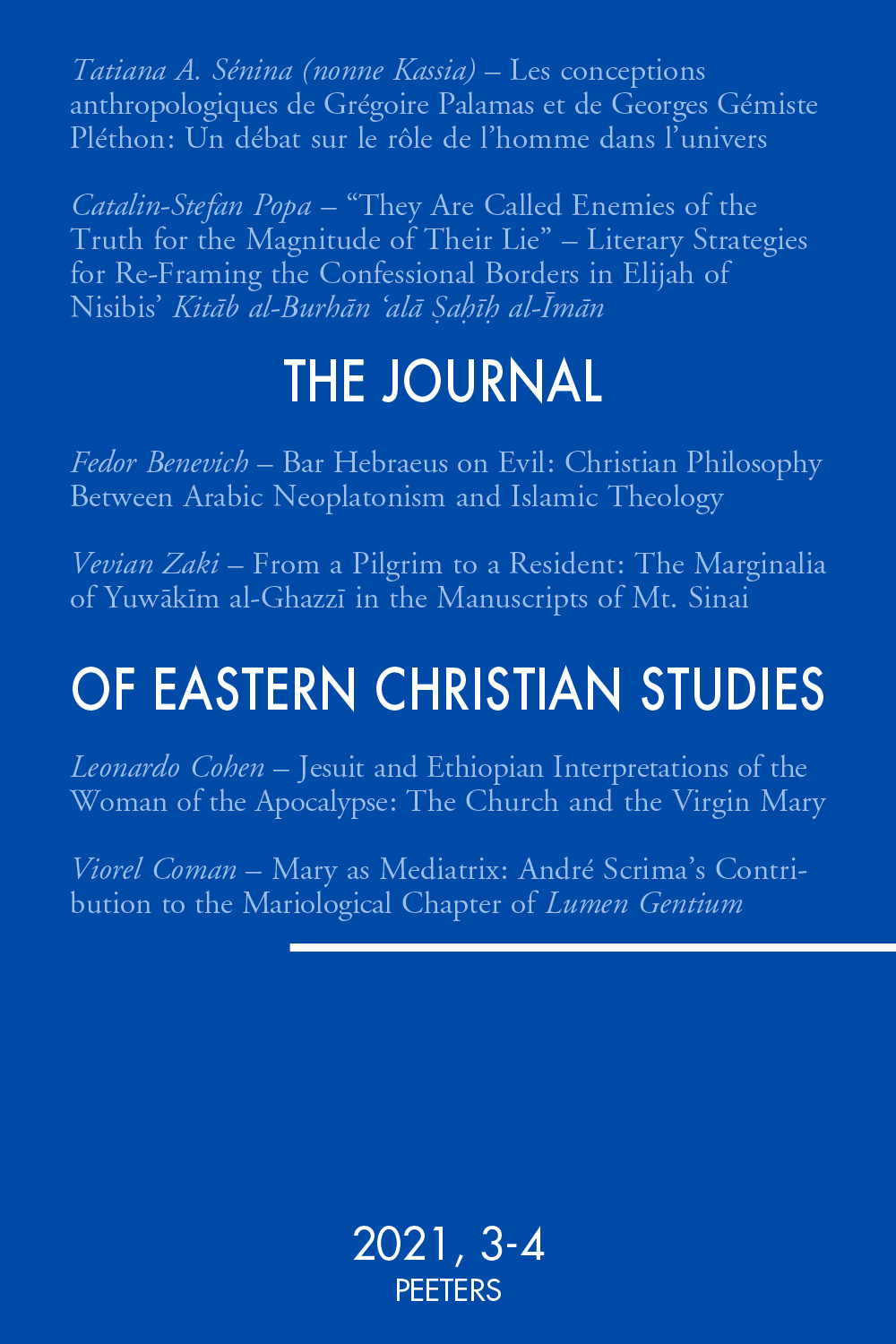 previous article in this issue previous article in this issue | next article in this issue  |

|
Document Details : Title: Andreas Masius (1514-1573) Subtitle: Humanist, Exegete and Syriac Scholar Author(s): FRANÇOIS, Wim Journal: Journal of Eastern Christian Studies Volume: 61 Issue: 3-4 Date: 2009 Pages: 199-244 DOI: 10.2143/JECS.61.3.2046973 Abstract : This article sheds light on the person of Andreas Masius (1514-73), and is in part based upon the documentation left by Albert Van Roey (†2000), professor of Patrology, History of the Ancient Church, and Syriac studies at the Faculty of Theology of Leuven University. After his studies and a short lectureship at the University of Leuven, Masius became the secretary to Jan van Weze, one time Bishop of Lund and then Bishop of Constance, and one of the major councillors of the Emperor Charles V. While life as a diplomat may not have been the fulfilling experience Masius had expected, it nevertheless provided him with the opportunity for establishing contacts with other Orientalists (1538-48). After Jan van Weze suddenly died at the Diet of Augsburg in 1548, Masius succeeded in establishing himself as a sort of freelance ambassador at the curia in Rome promoting the interests of several German noblemen, particularly those of William V, Duke of Jülich-Cleves-Berg. His stay in Rome allowed him to visit the libraries of the city in search of manuscripts and establish contacts with Jews, Orientals and Orientalists who could help forward his knowledge of languages, particularly Old Syriac, in addition to his biblical scholarship (1548-58). In 1558 Masius married and settled on a farmstead in Zevenaar, in the western corner of the Duchy of Cleves, on the border with the Habsburg Low Countries. There he enjoyed the freedom to indulge his true vocation, Syriac and biblical studies. He wrote, amongst others, a commentary on the book of Joshua and also made an important contribution to the Syriac part of the Antwerp Polyglot Bible, published by Christopher Plantin (1571-73). Andreas Masius died April 7, 1573. |
